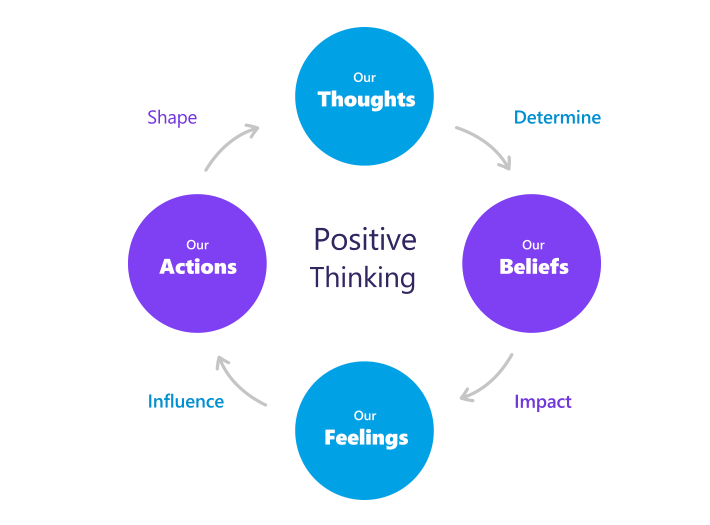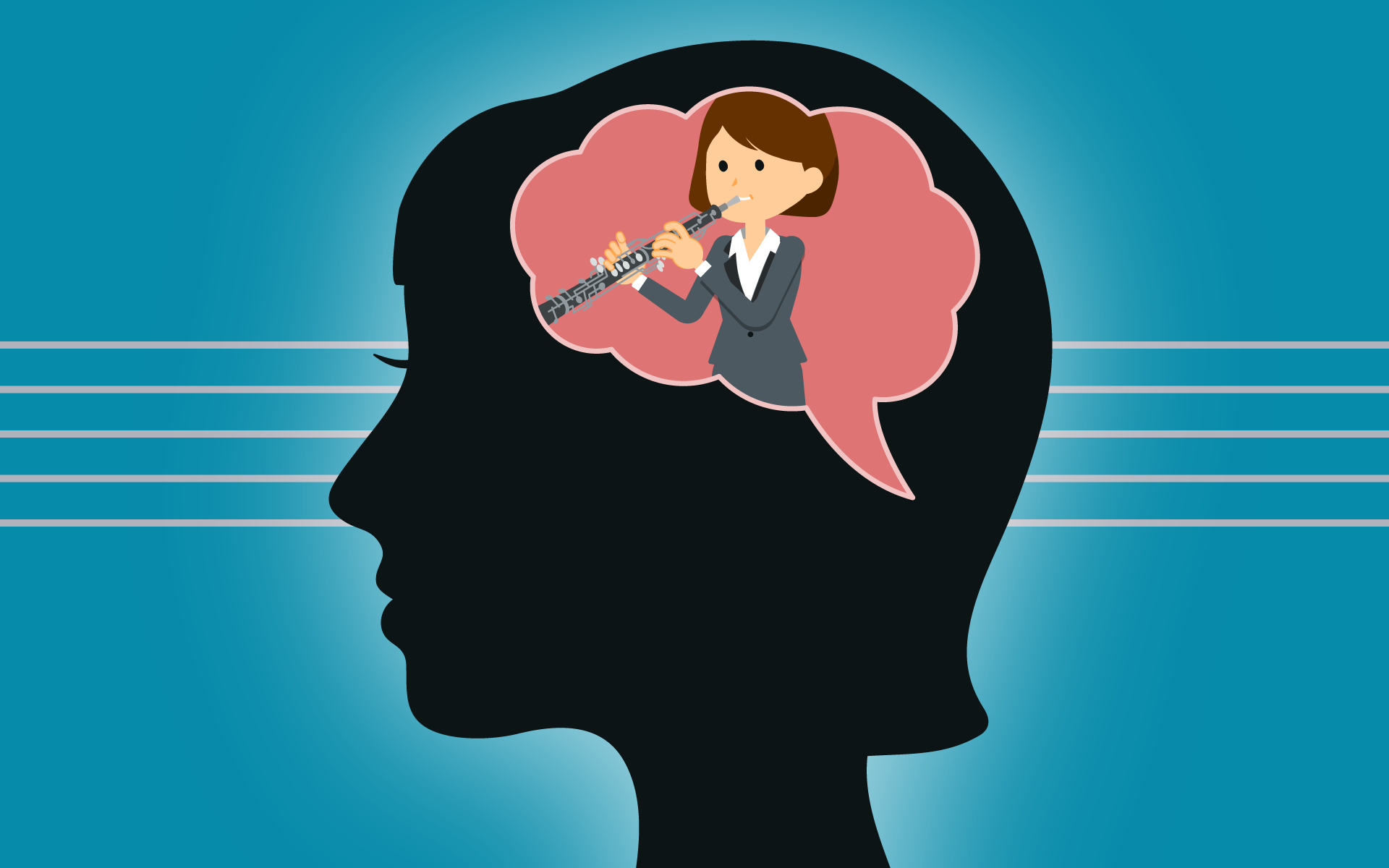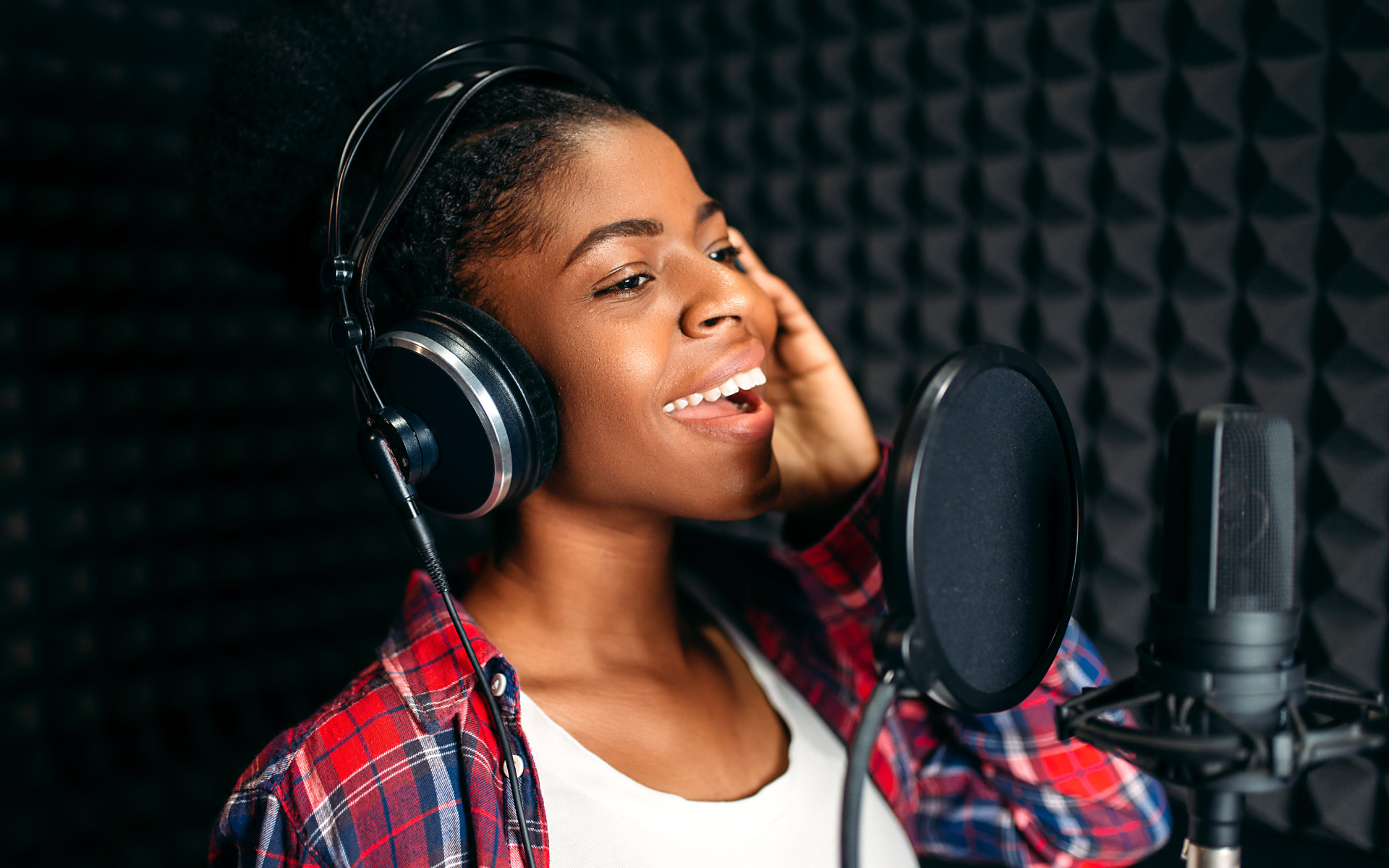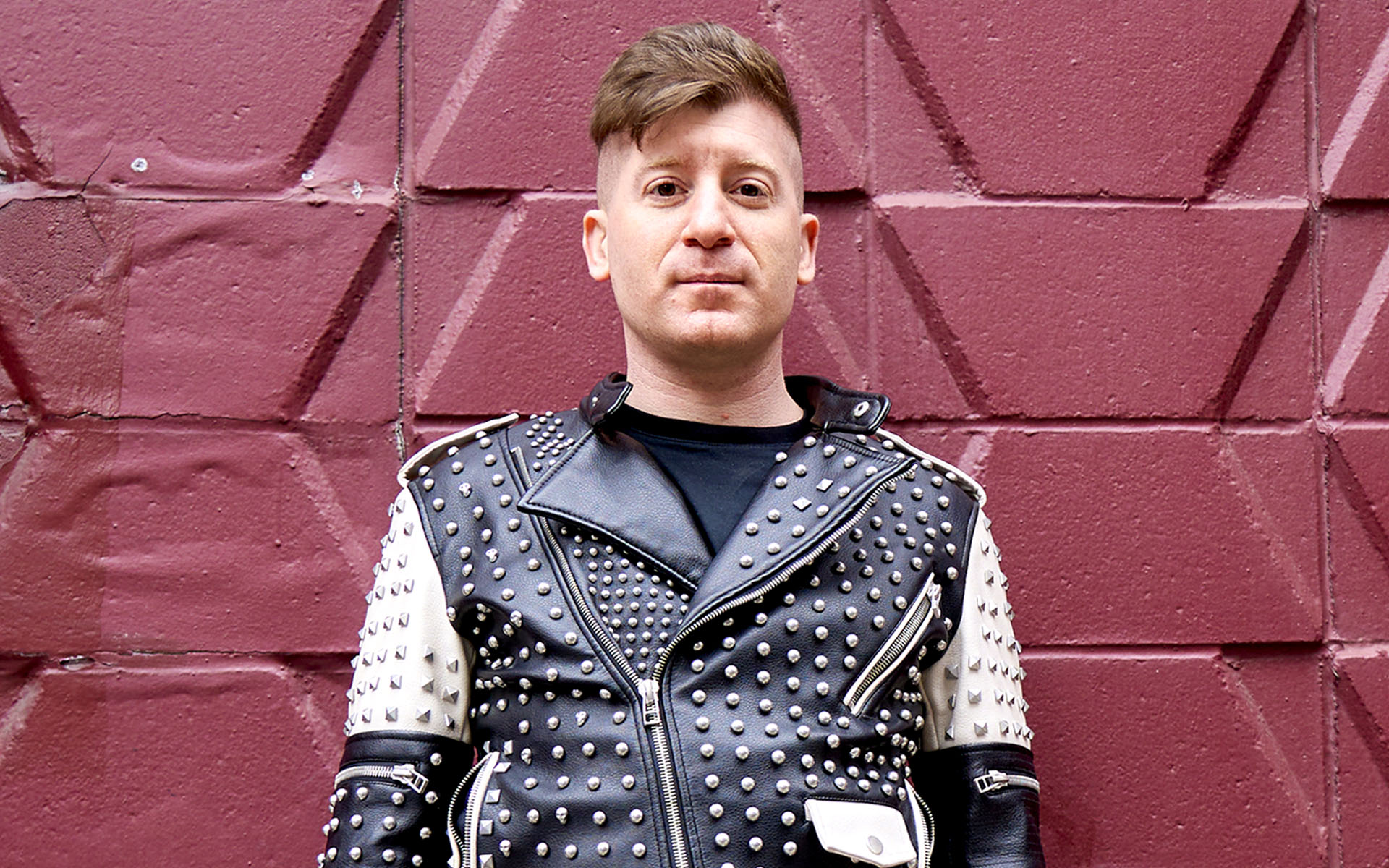The following information on stage fright is excerpted from the Berklee Online course Music Career Essentials for the Professional Singer, written by Ashlee Varner, and currently enrolling.
What Causes Stage Fright?
There are many factors that may contribute to stage fright. If you ever experience stage fright or performance anxiety, first try to identify what is causing the anxiety. For many people, the cause of anxious feelings is attributed to the way you perceive and react to stress.
One of the most common struggles that musicians deal with is fear: Fear that they won’t do a good job, that they are not good enough, or that other people won’t like their music. This fear and anxiety can prevent you from doing what you enjoy and affect your career. It can also affect your self-esteem and confidence. There are many strategies you can use for controlling your thoughts and emotions and for reducing anxiety.
Preparation
The first strategy for coping with stage fright is preparation. The more prepared you are for a performance, the more confident you’ll be in sharing the work you’ve done with others. This starts by memorizing your lyrics and practicing the music, speaking, and movement with your band. This will minimize your worry and help you have more control over how the show is going to go!
Visualization
Another strategy is to visualize the venue. Imagine yourself in the venue during practice and pretend you are actually performing in that venue. It may create some feelings of anxiety for you to practice overcoming. Also, it can help you gain familiarity with the venue (even if it’s just in your mind). The more familiar you are, the less fear you’ll have of the unknown.
Healthy Habits
Sometimes caffeine and sugar can play a part in your anxiety. Avoid these in excess on the day of your performance. Engage in healthy habits, like daily exercise, eating a balanced diet, and getting adequate sleep.
Reframe Your Goals
Shift the focus from yourself and your fear to focus on something else: the art you are sharing, the enjoyment of your fans, or just a goal you have set for yourself. Maybe instead of the goal being to avoid making mistakes, it could be to perform with emotion, even if you mess up. If you meet that goal in that performance, celebrate and forget about the imperfections. Keep reassessing your goals, videoing and watching your performances, and setting new goals or focus-points for each performance. You will keep improving!
Have a Support System
Surround yourself with a support system full of people who are going to cheer you on even if a performance doesn’t go the way you want it to. Also, practice getting feedback so you learn how to deal with honest criticism and use the feedback to motivate you to keep going.
How Do I Calm My Anxiety before a Performance?
Your internal self-talk can make a big difference in the way you feel before a performance. Try these replacements:
- Instead of “What if I mess up?” say, “What if I enjoy myself?”
- Instead of “What if they hate my music?” say, “What if they love my music?”
- Instead of “I’m not good enough yet” say, “I practiced X, Y, and Z, and I’m confident that I can perform those well! Then, I’ll work on something else for next time.”
Redirect Negative Thoughts
Practice strategies that will ease your mind and body before a performance. Some people use controlled breathing, meditation, or thought redirection. To redirect your thoughts, jot down some negative thoughts you have about yourself and write replacements. When the negative thoughts creep into your mind, be ready with your positive-thought replacements! Positive thinking has a cyclical effect on your future thinking and actions! It’s never too late to change the cycle.

Make the Unknown Known
Finally, practice often and take on as many performance experiences as you can, so that you can try all of these strategies and find what works for you. Practice is one of the best ways to build confidence, and by performing what you’ve practiced regularly, the unfamiliar becomes familiar, the unknown is now known, and the uncertainty turns into confidence. This will help you learn how to manage the challenges of performance.
For more strategies, seek out a counselor or mentor, or use the book called Effortless Mastery by Kenny Werner as a starting place for developing techniques that help you let go of your ego and live in the moment. Know that you’re not alone.
STUDY VOCAL PERFORMANCE WITH BERKLEE ONLINE











